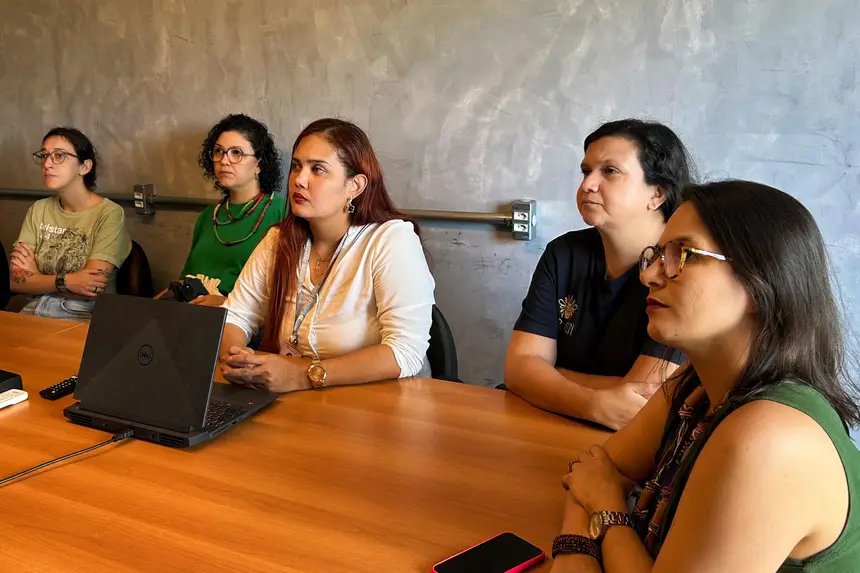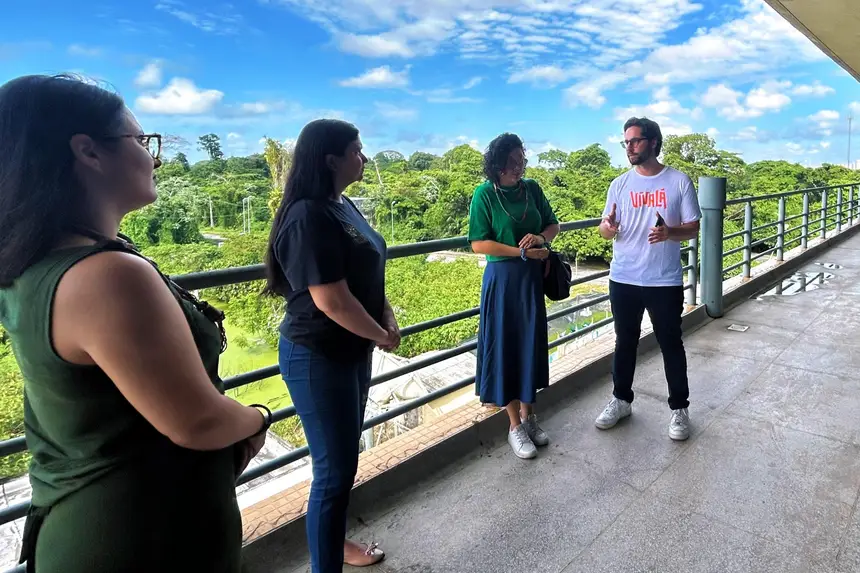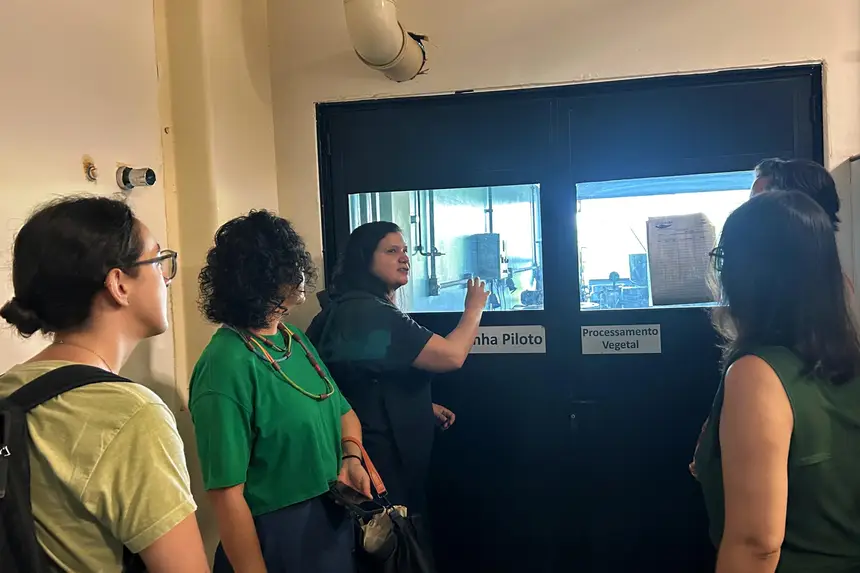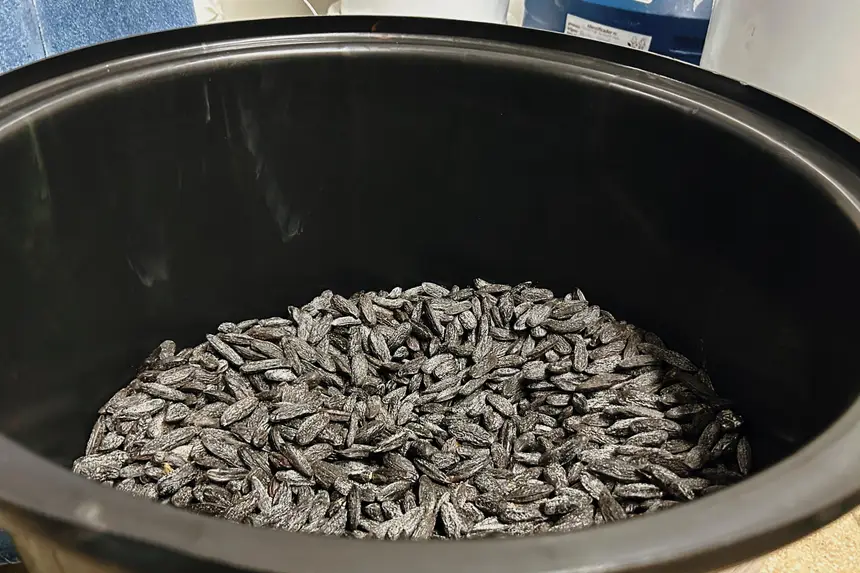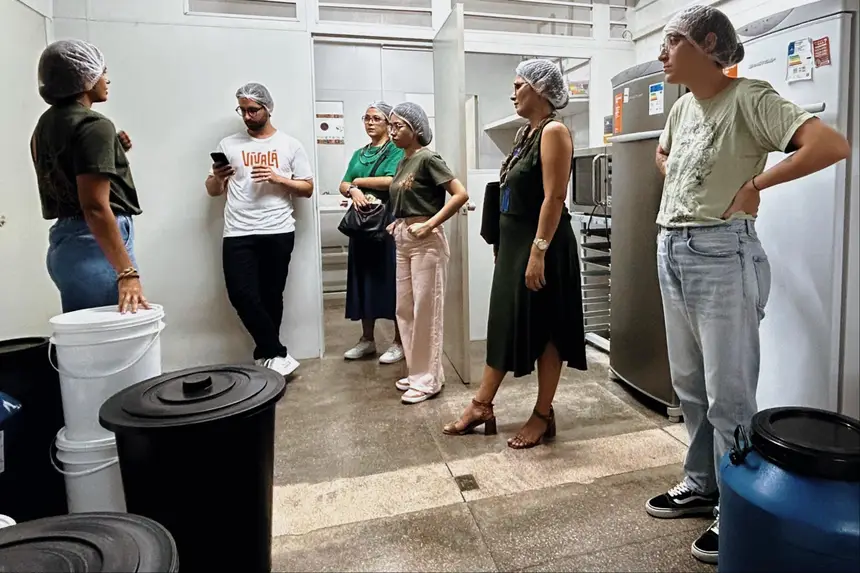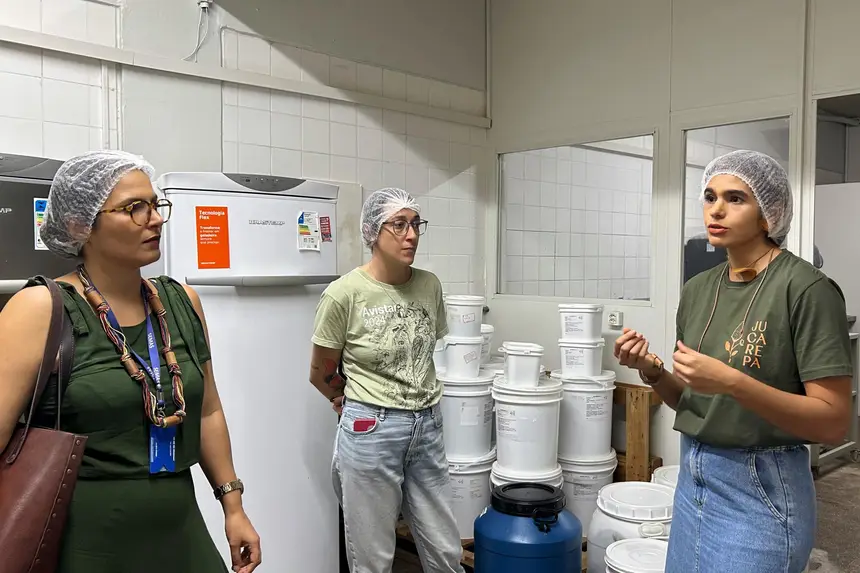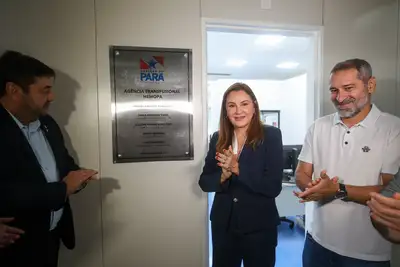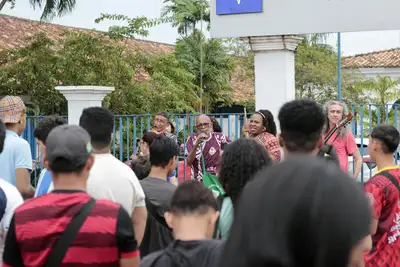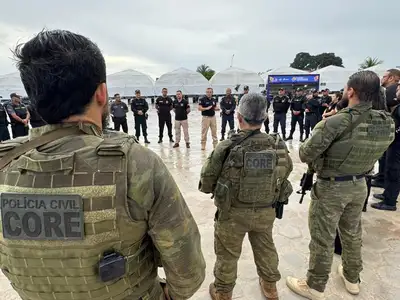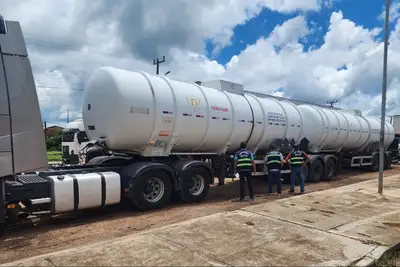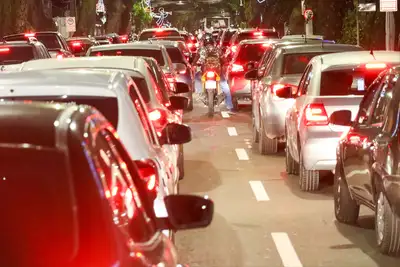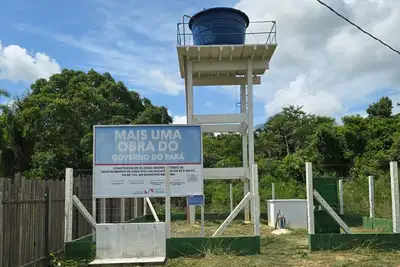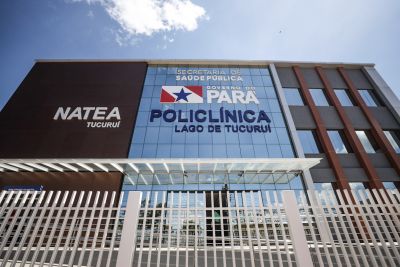Projeto Realiza Pará advances in the process of forest protection through bioeconomy
The program works to ensure ecological diversity and reduce carbon emissions
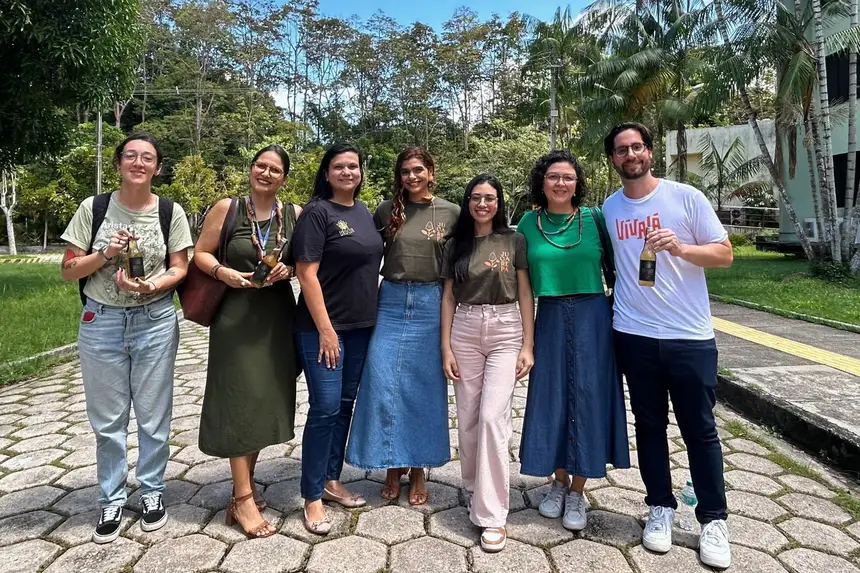
The Projeto Realiza Pará, developed by the Government of Pará through the State Secretariat for the Environment, Climate and Sustainability (Semas), aims to support deforestation control and promote bioeconomy in the State, with a strategy to transform the economic base by combining environmental conservation with income generation through the sustainable use of forest resources and Nature-Based Solutions (NbS).
With negotiations initiated in 2019 as part of the Brazil-Germany intergovernmental negotiations under the Standing Forest Program focused on the Brazilian Amazon, aimed at forest protection, the Projeto Realiza Pará was conceived by Semas with the Sustainable Amazon Foundation (FAS) as the technical executor, and received a financial contribution amounting to a total of 13 million euros.
“Semas identified in the Standing Forest Program of the German Development Bank KFW a unique opportunity to address the challenge of providing durable and scalable responses for the development of the State of Pará based on the forest, with solutions aimed at consolidating its trajectory of internal strengthening, with the maturation of public policies and partnerships, while simultaneously smartly strengthening its field actions to combat deforestation, environmental regularization, and promote bioeconomy,” emphasizes the Deputy Secretary of Bioeconomy at Semas, Camille Bemerguy. The Standing Forest Program (PFP) is the result of financial cooperation between the governments of Germany and Brazil through KFW and implemented by FAS.
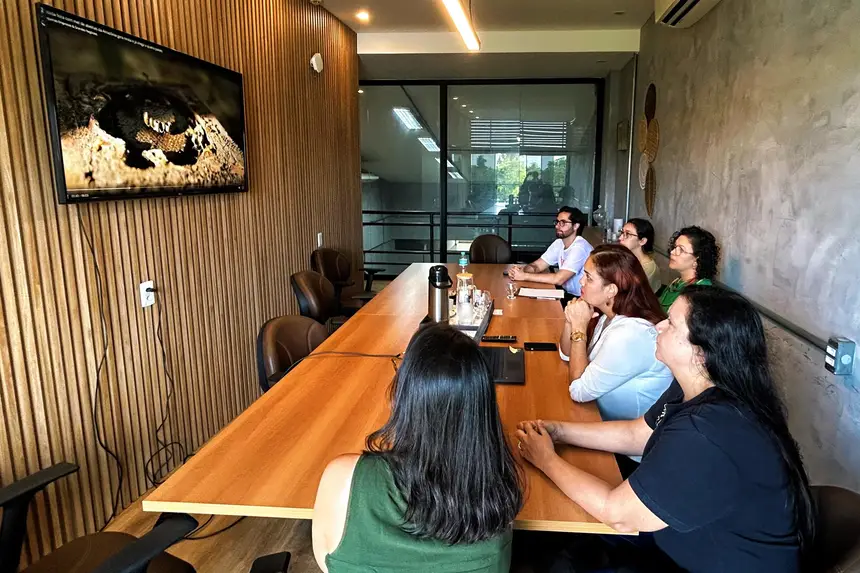
The Projeto Realiza Pará has a duration of three years and seeks scale and durability in policies for sustainable development in the Amazon, with a metric of reducing deforestation by 20% in the State by 2026, while promoting a forest-based economy. The Project has nine objectives organized into three axes: combating deforestation and environmental regulation; promoting forest-based bioeconomy; and coordination and governance.
Bioeconomy Tourist Route - In 2022, Semas established the State Bioeconomy Plan of Pará (PlanBio), a pioneering policy in Brazil, which, among other components, highlights tourism as a priority sustainable production chain. In this context, the Bioeconomy Tourist Route consists of a series of initiatives supported by the Bioeconomy Axis in the Projeto Realiza Pará, focused on attracting the attention of tourists, local visitors, investors, and various partners to enterprises that develop businesses within the bioeconomy value chain of Pará, whose technical execution is the responsibility of the Association of Socio-Bioeconomy Businesses of the Amazon (Assobio).
Luz Marina, manager of bioeconomy and public policies at Semas, states that “Semas, through the activities integrated into the Bioeconomy Tourist Route, conducted a series of technical visits in July to enterprises focused on bio-businesses in Pará. On the last Friday of the month, we conducted two more technical visits to bio-businesses that are being supported and organized to compose the Bioeconomy Route. Through these investments from Semas, we aim to enhance the visibility of these enterprises and demonstrate the potential and diversification of our socio-bioeconomy businesses in the State.”
Among the bio-businesses visited by Semas and Assobio are Filha do Combu, Amazonique, Cacauaré, Da Tribu, Amz Tropical, Blaus, Meu Garoto, Da Cruz Chocolates, Manioca, and at the Unified UFPA with Jambu Sinimbu, Jucarepa, and Uruçun.
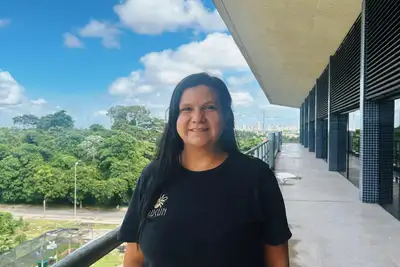
“We received a visit from Semas, along with the Assobio team, to structure with Vivalá - Sustainable Tourism in Brazil, the new guided tours for people who want to learn about our companies and the work in bioeconomy; my product is a fermented drink made from the honey of native bees, and being able to collaborate with all this, knowing that all this benefit will reach the 300 families who work in partnership to supply this honey, enhances our work, which is led by women from our state of Pará,” explains Ana Lídia Zoni, founder of Hidromel Uruçun da Amazônia.
Text: Vinicius Silva/ Ascom Semas


